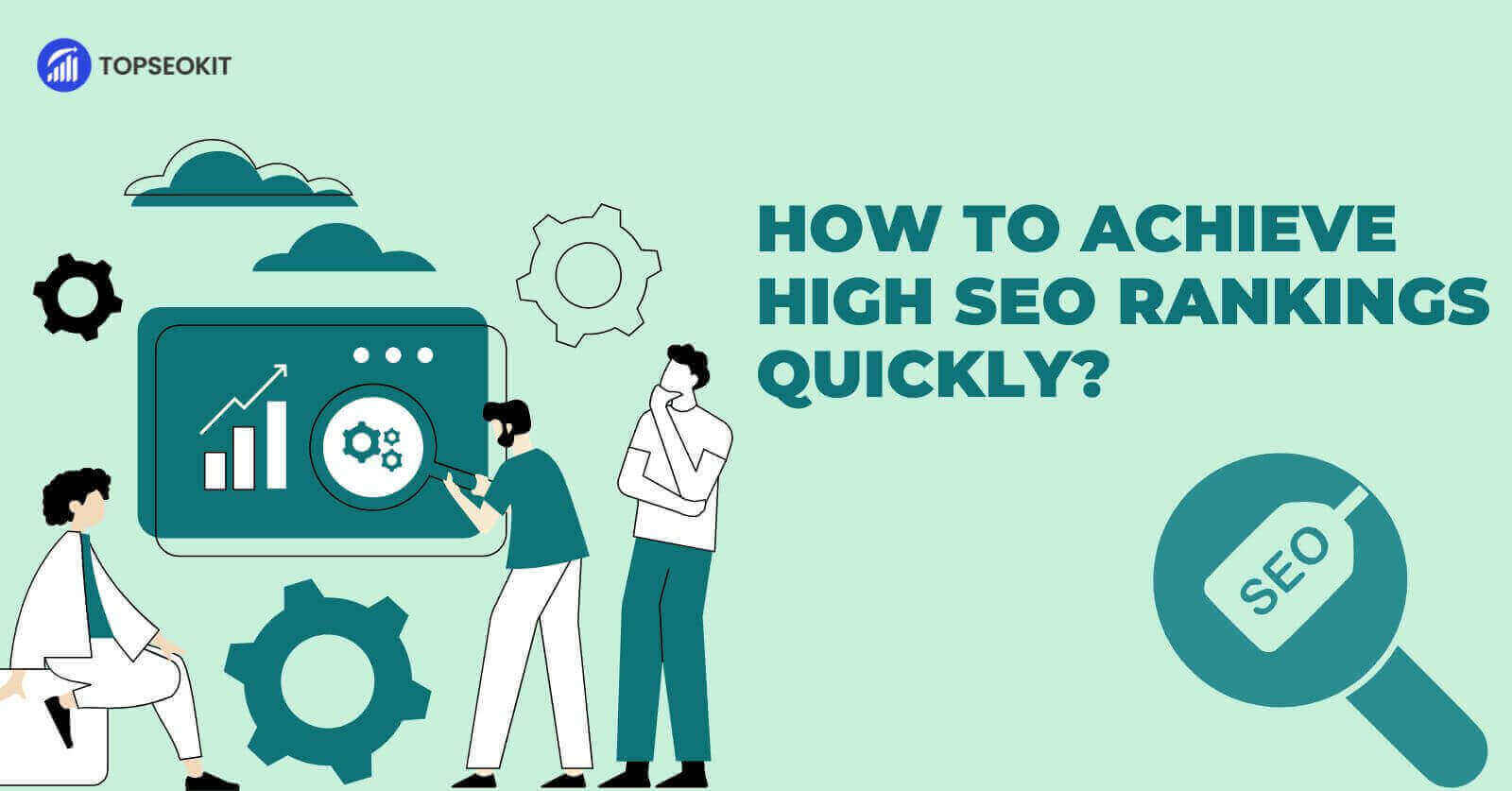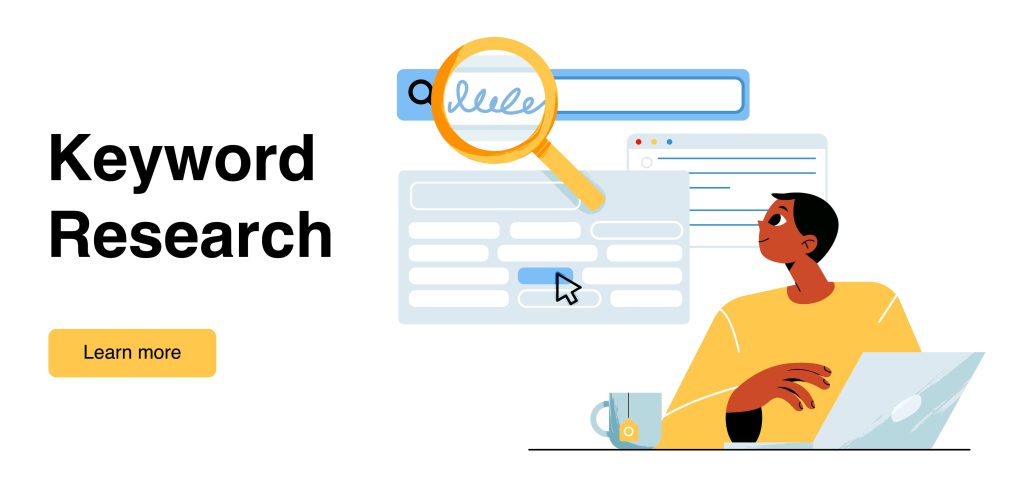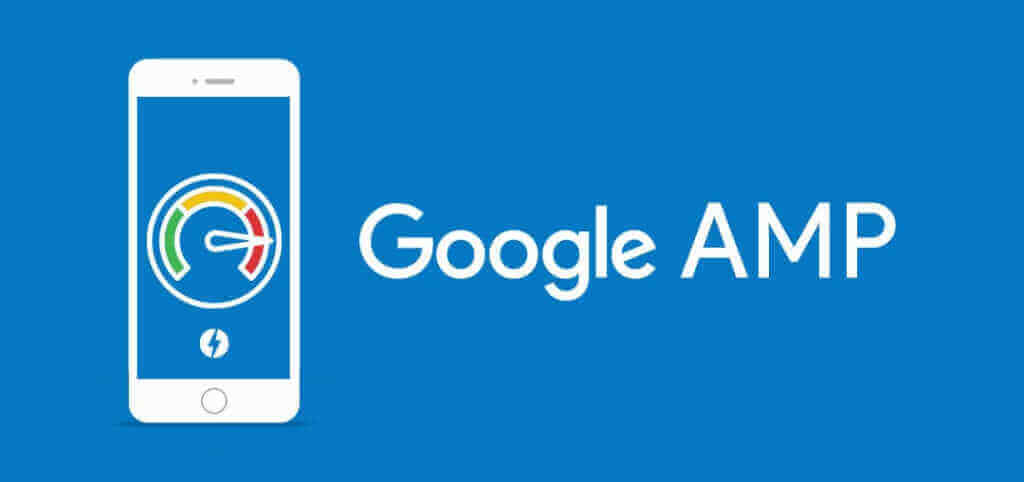
Get Fast SEO Results with These Proven Strategies
Want to rank higher on Google’s SERP in lesser amount of time, lets go…!!
In the world of digital marketing, search engine optimization is a crucial component for driving traffic to your website and achieving online success. While SEO is a long-term strategy that requires patience and consistency, many businesses and website owners want to see fast results.
In today’s fast-paced world, businesses need to see results quickly to stay competitive. That’s why we’ve compiled this comprehensive guide on how to achieve fast SEO results.
Why Getting Fast SEO Results is Important?
Improved website traffic:
Achieving high rankings on search engines can increase website traffic, which can lead to more conversions and sales.
Competitive advantage:
In a highly competitive industry, fast SEO results can help you stand out from your competitors and establish yourself as a leader in your field.
Brand awareness:
When your website appears at the top of Google’s SERP, it can help increase brand awareness and credibility.
Quick feedback on SEO strategy:
By achieving fast SEO results, you can quickly identify what works and what doesn’t work in your SEO strategy, allowing you to refine your approach and achieve better long-term results.
Quick ROI:
Fast SEO results can help you generate a quicker return on investment (ROI) for your marketing efforts.
Establish credibility:
High rankings on search engines can help establish credibility and authority in your domain, which can lead to more business opportunities.
23 ways to get fast SEO results:
Here are some tips on how to get fast SEO results:
1. Conduct Thorough Keyword Research

The first step in achieving fast SEO results is to conduct thorough keyword research. This involves identifying the keywords and phrases that your target audience is using to search for your products or services. By using the right keywords, you can increase your chances of ranking higher in search engine results pages (SERPs).
To conduct keyword research, start by brainstorming a list of keywords related to your business. Use tools such as Google Keyword Planner, Semrush or Ahrefs to identify additional keywords and phrases that are relevant to your industry. You can also use this extremely useful free Keyword finder. Be sure to choose keywords with high search volumes and low competition to maximize your chances of ranking quickly.
Need help choosing between Semrush or Ahrefs for keyword research? Check out this comparative review article: Semrush Vs. Ahrefs: Which is Better for Keyword Research?
2. Optimize Your On-Page Content
Once you’ve identified your target keywords, it’s time to optimize your on-page content. This includes your website’s metadata, meta descriptions, and meta tags. Make sure to include your target keywords in these areas to signal to search engines what your page is about.
Additionally, optimize your website’s content by using your target keywords throughout your text. However, avoid “keyword stuffing,” or overusing keywords, as this can hurt your rankings.
3. Build Quality Backlinks

Backlinks are a crucial factor in achieving high search engine rankings. A backlink is a link from another website to your website. The more high-quality backlinks you have pointing to your site, the more authoritative your site appears to search engines.
To build quality backlinks, reach out to relevant websites in your industry and offer to write guest posts or collaborate on content. Additionally, create high-quality content on your website that other websites will want to link to.
4. Use Social Media to Boost Your SEO

Social media can also play a role in boosting your SEO efforts. By sharing your website’s content on social media, you can increase your website’s visibility and attract more backlinks.
Additionally, make sure to include social media sharing buttons on your website to make it easy for visitors to share your content with their followers.
5. Focus on User Experience
In addition to the technical aspects of SEO, it’s important to focus on the user experience. Search engines prioritize websites that are easy to navigate and provide a positive user experience.
To improve your website’s user experience, make sure your website is mobile-friendly, has a fast loading speed, and provides clear and concise content. Additionally, make it easy for visitors to find what they are looking for by optimizing your website’s navigation and search functionality.
6. Use Long-Tail Keywords
Long-tail keywords are specific phrases that contain three or more words. While they may have lower search volumes, they often have higher conversion rates as they are more specific to a user’s search intent.
By targeting long-tail keywords, you can attract more qualified traffic to your website and improve your conversion rates. Use tools such as Google Search Console or Ahrefs to identify long-tail keywords that are relevant to your business.
7. Use Schema Markup
Schema markup is a type of structured data that helps search engines better understand the content on your website. By using schema markup, you can provide additional context to search engines and increase your chances of ranking in rich snippets, such as featured snippets or knowledge panels.
To implement schema markup, use tools such as Google’s Structured Data Markup Helper or Schema.org. Choose the appropriate markup for your content, such as product, article, or local business, and add the markup to your website’s HTML code.
8. Continuously Improve Your SEO Strategy
Finally, to achieve fast SEO results, it’s important to continuously improve your SEO strategy. SEO is an ongoing process, and what works today may not work tomorrow. Keep up-to-date with the latest trends and best practices in SEO and adapt your strategy accordingly.
Additionally, regularly audit your website for technical SEO issues, such as broken links or duplicate content, and fix any issues that may be hurting your rankings.
9. Utilize Video Content
Video content has become increasingly important in SEO, as it can improve engagement, increase time spent on your website, and provide additional opportunities for targeting keywords. Consider incorporating video content into your website and optimizing it for people’s search by using relevant titles, descriptions, and tags.
10. Monitor Your Competitors

Keeping an eye on your competitors’ SEO strategies can help you stay ahead of the game. Monitor their website content, backlinks, social media presence, and rankings, and use this information to identify areas where you can improve your own strategy.
11. Focus on Mobile Optimization

With more and more users accessing the internet on their mobile devices, it’s essential to ensure your website is optimized for mobile. Make sure your website is mobile-friendly, loads quickly, and provides a seamless user experience on all devices.
12. Use Internal Linking
Internal linking can help search engines better understand the structure of your website and the relationship between pages. By linking relevant pages within your website, you can also improve user experience and encourage visitors to stay on your website longer.
13. Leverage Influencer Marketing
Influencer marketing involves partnering with influencers in your industry to promote your brand and products. By leveraging the reach and authority of these influencers, you can increase your visibility and attract new customers. Additionally, influencers can help you build quality backlinks and improve your social media presence.
14. Use Google Search Console

Google Search Console is a free tool provided by Google that helps you monitor and improve your website’s performance in search results. Use it to monitor your website’s search appearance, track your website’s performance and search traffic, and identify and fix any technical issues that may be hurting your rankings.
15. Create High-Quality Content

Creating high-quality, relevant, plagiarism-free, and informative content is essential for achieving fast SEO results. Focus on creating content that provides value to your target audience and addresses their pain points and needs. Use relevant keywords naturally in your content, and ensure it is optimized for readability and user experience.
16. Use Social Bookmarking Sites
Social bookmarking sites, such as Reddit or StumbleUpon, can help you reach a wider audience and drive more traffic to your website. Share your content on relevant social bookmarking sites, and engage with users to build relationships and promote your brand.
17. Implement Accelerated Mobile Pages (AMP)

Accelerated Mobile Pages (AMP) is an open-source framework that allows you to create mobile-friendly pages that load quickly and provide a seamless user experience. By implementing AMP, you can improve your website’s mobile performance and increase your chances of appearing in Google’s “Top Stories” carousel.
18. Focus on Local SEO

If your business operates in a specific geographic area, focusing on local SEO can help you attract more customers and improve your search engine rankings. Optimize your website for local keywords, claim your Google My Business listing, and ensure your NAP (name, address, phone number) information is consistent and accurate across all online directories and platforms.
19. Optimize Your Images

Optimizing your images can help improve your website’s performance and search engine rankings. Use descriptive, keyword-rich filenames for your images, compress your images to reduce their file size, and use alt text to describe your images and provide context for search engines.
20. Optimize for Voice Search

With the rise of voice assistants like Siri, Alexa, and Google Assistant, optimizing your website for voice search is becoming increasingly important. Use natural language in your content, and focus on long-tail keywords that people are likely to use when speaking to their voice assistants.
21. Monitor Your Analytics

Finally, monitoring your website’s analytics is crucial for understanding your website’s performance and identifying opportunities for improvement. Use tools like Google Analytics to track your website’s organic traffic, user behavior, and conversion rates, and use this information to continually refine and optimize your SEO strategy.
22. Implement a Content Distribution Strategy
Creating great content is only half the battle – you also need to make sure people can find it. Implementing a content distribution strategy can help you get your content in front of a wider audience. This could include tactics like guest blogging, social media promotion, email marketing, and more.
23. Focus on Long-Term Results
SEO is not a quick fix, but a long-term strategy for building sustainable traffic and growth for your website. Be patient, and focus on building a strong foundation of high-quality content, user experience, and backlinks. Over time, these efforts will pay off and help you achieve the fast SEO results you’re looking for.
Conclusion:
In conclusion, achieving fast SEO results requires a comprehensive approach that includes thorough keyword research, on-page optimization, building quality backlinks, using social media, monitoring your progress, focusing on user experience, targeting long-tail keywords, off-page optimization, investing in local SEO, using schema markup, and continuously improving your strategy. By following these tips, you can improve your website’s visibility and achieve higher search engine rankings quickly.
FAQs
How long does it take to see results from SEO?
It depends on various factors, including the competitiveness of your industry, the current state of your website, and the SEO tactics you use. While some businesses may see results in a matter of weeks, others may take several months to achieve significant improvements in their search engine rankings.
Is it possible to achieve fast SEO results without compromising on quality?
Yes, it’s possible to achieve fast SEO results without compromising on quality. By focusing on optimizing your website’s technical SEO, targeting low-competition keywords, and creating high-quality content that is optimized for search engines, you can achieve fast results while maintaining the quality of your website.
Is it necessary to hire an SEO agency to achieve fast SEO results?
No, it’s not necessary to hire an SEO agency to achieve fast SEO results. While an SEO agency can provide expertise and guidance, there are several tactics and techniques that you can implement on your own to improve your website’s search engine rankings and achieve fast results.
Also Explore:
Let’s dive in! Get started for free
